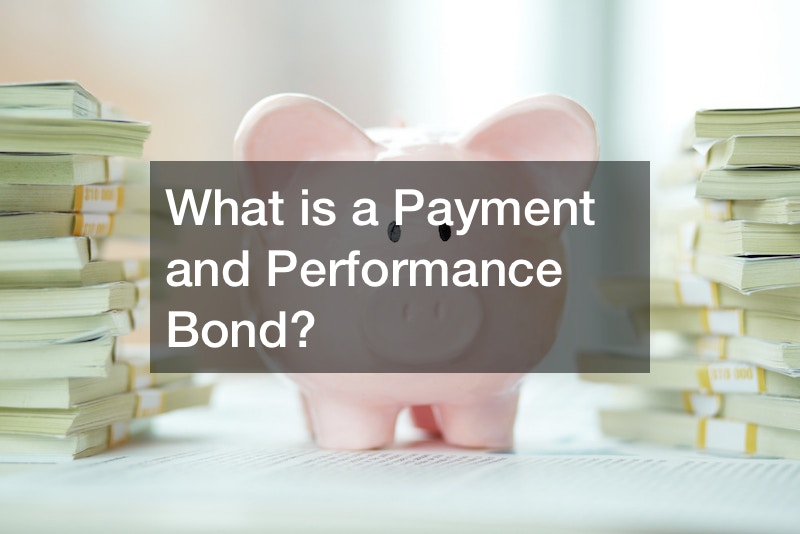
A payment and performance bond is an agreement between three parties that provides a certain level of financial protection. The parties involved are the obligee, the contractor, and the surety. The obligee is the party that requires the bond, typically the owner of a project or the purchaser of goods or services.
The contractor is the party that’s obligated to perform the job or deliver the goods or services, and the surety is the party that guarantees the performance of the contractor.
The payment bond provides assurance to the obligee that the contractor will pay all costs associated with the job or product. This includes the cost of labor and materials used in the job or the purchase of goods or services. The performance bond, on the other hand, provides assurance to the obligee that the contractor will fulfill all obligations outlined in the contract. If the contractor fails to fulfill their obligations, the surety will cover the cost of completing the job or delivering the goods or services.
Payment and performance bonds are often required for large construction projects or for the purchase of goods or services. They are typically used to protect the interests of the obligee and to ensure that the job is properly completed and the goods or services are delivered on time. The surety typically obtains what you need.
.




